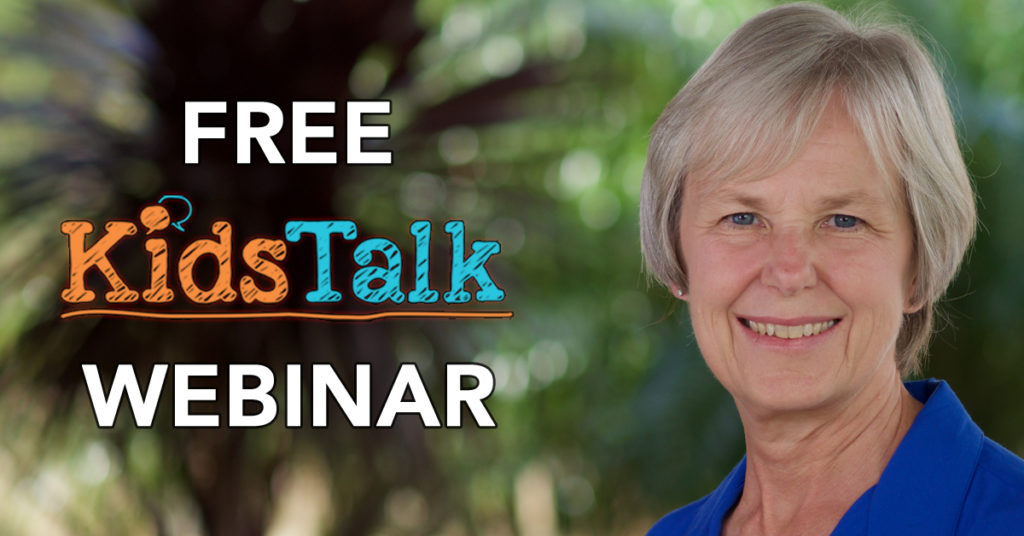
One of the habits of highly effective people is to think win/win.
In our building of relationships there is a fundamental idea that comes into play:
We cannot create interdependent connections until we have established independence in ourselves.
The first three habits help us develop independence:
- Be Proactive
- Begin With The End In Mind
- Put First Things First
To be successful with others, you must first be successful within yourself.
In our interactions with others there are six possible outcomes:
- Win/Win
- Win/Lose
- Lose/Win
- Lose/Lose
- Win
- Win/Win or No Deal
Win/Win
When we think win/win we hold a belief that there is a third way that can be discovered by collaboration.
We believe that there is enough for everybody, and that a creative solution exists when all parties commit to the decision and the action plan.
Win/Lose
Win/Lose outcomes create a situation where one party feels they are victorious. The other feels like a loser.
The thinking is, “I get my way and you don’t get yours.”
The relationship is built on conditions and competition: If you do this, then you’ll win. And when you win, you get it all.
There are times when Win/Lose thinking can be important, in truly competitive or low-trust situations.
But most of our relationships should be built on cooperation, not competition.
Who would say: I’m winning in my marriage. I’m winning against my daughter. I’m winning the best friend competition.
Our relationships with our spouse, our children, our coworkers, our neighbors, our friends, should be built on win/win thinking.
Lose/Win
With Lose/Win thinking, one party doesn’t expect to be heard.
In relationship transactions they expect that the other person will win and that their personal needs or desires will be disregarded.
When we use Lose/Win thinking we feel like a doormat.
Lose/Lose
Lose/Lose thinking embraces the idea of “if I can’t have it, neither will you.”
The person with lose/lose thinking is revengeful and acts in ways to keep others as losers with them.
As they say, misery loves company.
Win
We see a Win attitude in folks who have set their own goals and agenda.
They don’t believe that someone has to lose for them to win.
People with Win thinking work to get what they want or need and expect others to do the same.
Win/Win or No Deal
When we think Win/Win or No Deal we commit to the idea that if we can’t find a solution that works for everyone involved, we agree to disagree.
In our transactions there are two factors we need to evaluate: consideration and courage.
Consideration is about seeing from the other’s point of view.
Courage refers to stating your own needs and desires clearly.

With low consideration and low courage we are apt to use lose/lose thinking.
With high consideration but low courage, we find ourselves in a lose/win transaction.
With low consideration and high courage we find ourselves using win/lose thinking.
With high consideration and high courage we find ourselves using win/win thinking.
- Do you have an upcoming situation that you want to negotiate to be win/win for all parties?
- How can you maintain a balance of consideration and courage, not just for yourself, but for others, as well?
- What obstacles keep you from applying Win/Win thinking?
Download your win win worksheet here.
Read More: 7 Habits Of Highly Effective People, pages 204-234.


